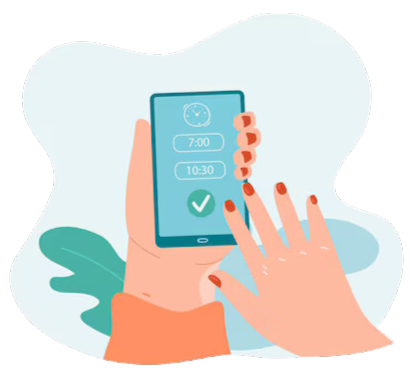Screen Time
- jessicaaqian
- Nov 6, 2024
- 1 min read
Screen time is the time spend using devices with screens such as TV, smartphones, tablets and video consoles.
Screen Time Can Be...

Interactive (e.g., online games)
Non-interactive (e.g., watching TV)
Educational (e.g., e-learning)
Recreational (e.g., reading online books)
Benefits
1. Meaningful Interactions
Link online content to real-life situations. It allows for meaningful interactions, discussions and can even be a conversation starter for serious topics with
2. Quality Content & Programs
Appropriate content and programs can encourage children's critical thinking and creativity. Online videos can also develop children's fine and gross motor skills when they are able to follow along.
Risks:
1. Physical:
Sore and irritated eyes, headaches, fatigue
2. Developmental Delays:
Difficulties sustaining attention, poor social skills, issues with communication
3. Others:
Imitating unpleasant things observed online, possibly used as a tool to entertain/distract/keep children 'quiet'.
Guidelines:
Children aged:
2 to 5 years old: 1 hour of screen time a day.
18 to 24 months old: enjoy screen time with adult supervision.
18 months and below: should not be introduced to any form of screen time
Tips:
Model healthy screen time habits (e.g., turning off phones an hour before bedtime).
Set screen time limit with your child.
Create a tech-free zone at your home (e.g., no devices at the dining table).
Plan physical or unstructured activities for your child (e.g., visiting water park).
Educate your child on dealing with emotions (e.g., boredom, anger).
Written by: Eulisia Er | Designed by: Masturah Shafaq | Edited by: Xavierlyn Tan








Want to transform your screen into a dedicated, stylish clock? An online TimeScreen allows you to do just that, often with options to customize 12/24-hour mode, dark mode, and various themes for a simple, always accurate, real-time display.